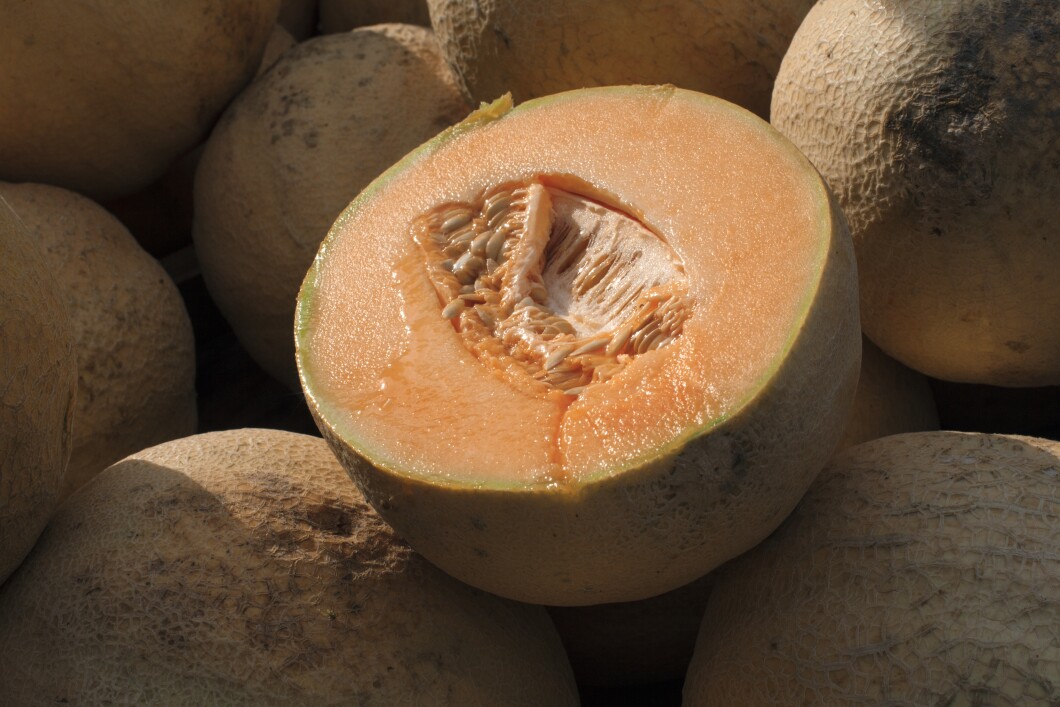
The Mexican government announced Friday that it has closed a cantaloupe processing plant due to the ongoing salmonella outbreak.
Already, the health department in Mexico has suspended activity in this plant in the state of Sonora. Additionally, it has taken samples there that are awaiting results. Contaminated melons have been sent back to the country from the United States and Canada.
FOOD STAMPS: DIRECT PAYMENTS WORTH UP TO $1,751 FOR DECEMBER END IN DELAWARE IN EIGHT DAYS
Four Americans have died and 45 have been hospitalized as a result of coming into contact with the salmonella bacteria found in the melon. Those affected hail from as many as 42 states, which included four new states added Friday.

This warning applies to whole cantaloupes and pre-cut cubes sold individually and in fruit trays. Recalls are in effect for cantaloupes hailing from Mexico with stickers that read “Malichita” or “Rudy.” Some of these infected cantaloupe were sold as recently as Nov. 12. The Centers for Disease Control and Prevention issued its first warning on Nov. 17.
“Do not eat any recalled cantaloupes and other fruit products,” the CDC wrote on its website. “Throw them away or return them to where you bought them. Wash items and surfaces that may have touched the recalled fruit using hot soapy water or a dishwasher.”
Symptoms of salmonella poisoning include diarrhea, stomach cramps, and a fever, which may begin to show as late as six days after consumption. Most people recover within a week, but for those with weakened immune systems, such as children under 5 and people over 65, more serious illnesses may occur.
CLICK HERE TO READ MORE FROM THE WASHINGTON EXAMINER
Canada is experiencing a similar outbreak, and the involved fruit companies have issued a recall there as well. The now-recalled melons were sold as recently as Nov. 24 to Canadian customers, with six dying as a result and 53 hospitalized. Canadian officials issued warnings about cantaloupes beginning on Nov. 1.
Cantaloupes are at their peak season between June and August. The last time a salmonella outbreak occurred among the melons was in 2019, just before their peak season. There were no deaths reported then.






